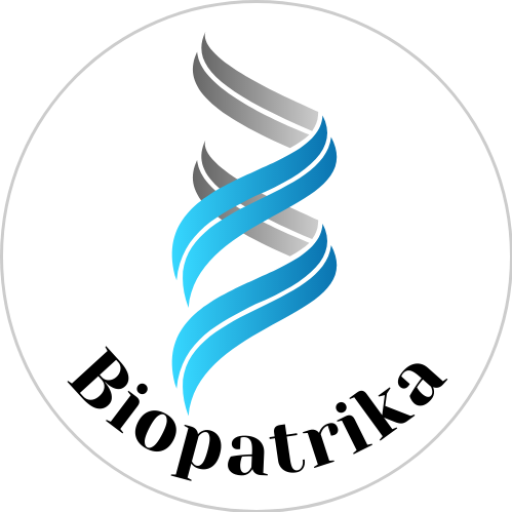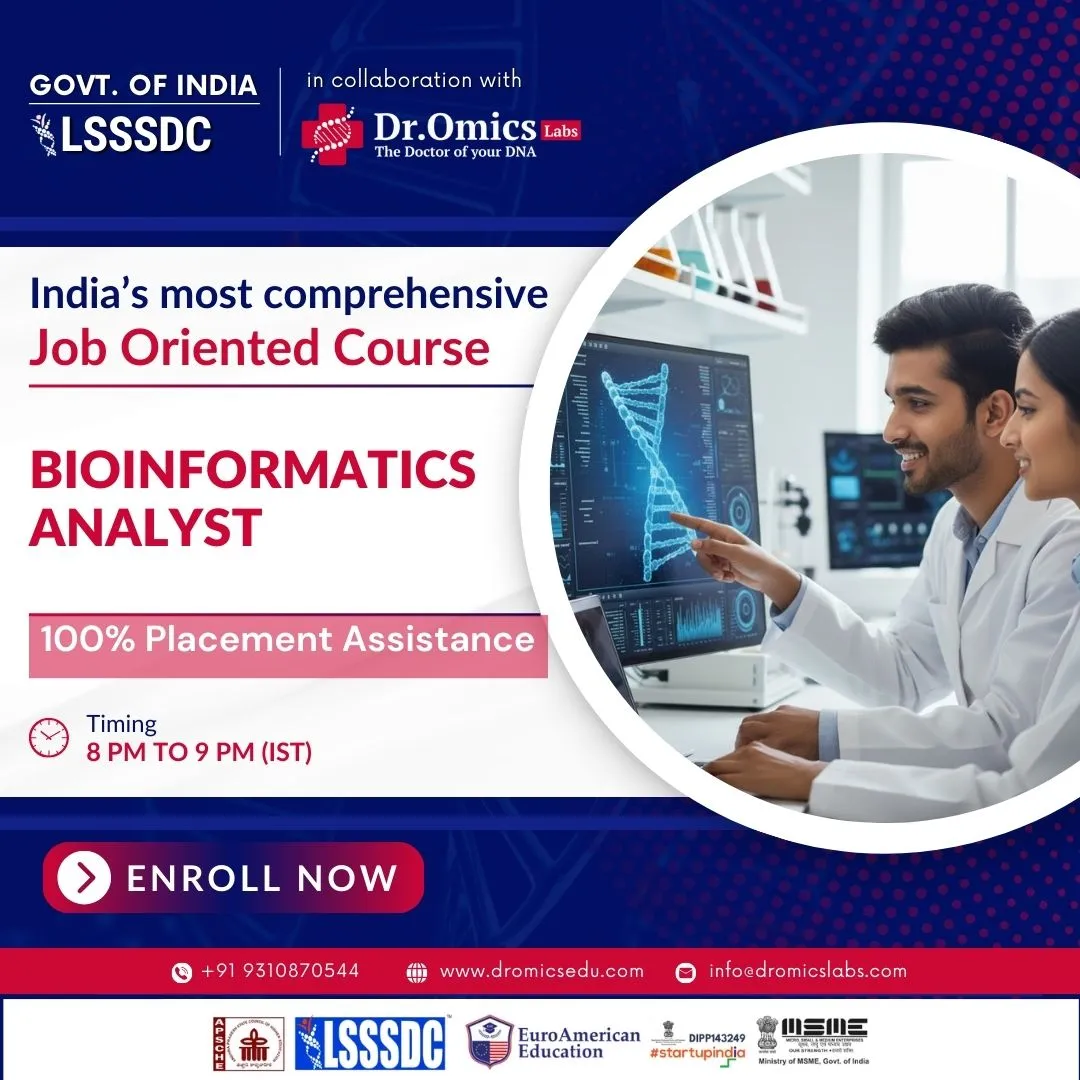Bridging Engineering and Biology
Interview with Dr. Narendra Chirmule
We are pleased to introduce Dr. Narendra Chirmule, an eminent figure in the Indian pharma industry. In this interview with Bio Patrika, Dr. Chirmule talks in depth about his journey in the pharma world, his love for music, and his entrepreneurial path.
Tell us about yourself.
I am an immunologist and a music enthusiast. Professionally, I have held senior leadership positions for over 30 years in the pharmaceutical industry at Biocon, Amgen, and Merck in the Department of Clinical Immunology overseeing drug development. I’m now an entrepreneur and co-founder of SymphonyTech Biologics along with my engineer friends Ravi Khare and Atul Khandekar. Our tagline is “finding engineering solutions to biological problems.”
My expertise lies in immune responses to biologics and vaccines. I have published extensively on immunogenicity prediction and assessment, predictive toxicology, and quality-by-design. I’ve also supported assay development and clinical operations for large vaccine trials. I serve as an advisor to the Ebola virus consortium, a reviewer for NIH HIV vaccine studies, and was recently on the Task Force for COVID-19.
Musically, I’m an amateur percussionist, learning the Tabla and more recently, the classical flute to explore melody. My musical journey aims to understand Hindustani classical music in its varied forms.
What was your original career goal?
Back in 1977, I had no specific career goals. I moved from a close-knit Railway colony in Lucknow to Mumbai. I enjoyed Chemistry and Biology, thanks to inspiring teachers like Dr. Gon and AU Khan. My mother taught me “how to study.” Though I liked English, I didn’t think it could be a viable career alone.
Over time, I realized that every subject—statistics, economics, history—eventually became valuable in life and work.
What drew you to healthcare and pharma?
During my academic years (PhD, postdoc), I was flowing without a clear direction. It was only after joining Pharma that I realized the larger purpose—contributing to medicine development for real patients, including ourselves and loved ones.
Can you share a moment when you had to adapt quickly?
Risk planning is now core to my startup. In the past, I lacked this skill. Changes in leadership at Amgen and Merck taught me that “everyone was just trying to survive,” and adapting to new cultures was key.
A personal story: In the 1990s, I claimed to be a Tabla player and was invited to accompany a classical singer. I couldn’t hold the rhythm, and was asked to step down mid-performance. Humiliated, I began serious Tabla training the next day. That incident transformed my life, opening doors to amazing people and balancing my work with music. I later co-founded “Sangeet,” a non-profit music organization.
What are some important lessons you’ve learned?
- Working in teams
- Being humble
- Everyone is facing personal challenges
- Management must be learned through experience
- Mentors are vital
- Time management is critical
- Focus on physical and mental wellness
Who were your mentors?
While schoolteachers inspired me, my real professional mentors came later. Dr. Rita Mulherkar and Dr. Madhav Deo influenced my thinking. At Merck, David Kaslow became my guiding light. Since then, I have actively sought out mentors.
“I learned much more non-science while doing the science—negotiation, networking, and the importance of trustworthy friends at work.”
Any career decisions you wish to revisit?
No regrets. I don’t dwell on “what ifs.” I believe the career and life I have are the best possible.
What would you be if not a scientist?
Probably a full-time musician.
What’s something your peers don’t know about you?
I’m quite open—I’ve played the flute for dignitaries, organized drum circles at work, and sung in meetings. If there’s anything left to discover, it’s up to others to ask!
What’s something unique around your workspace?
In my corporate days, I had decorated offices—art, coin collections, postcards. After moving on, I’ve given away most of my possessions. I try not to stay attached to things.
What professional challenges have you faced?
Keeping up with pharma literature has been tough, but I’ve now developed methods for staying updated. One big challenge was aligning senior and junior management expectations. I often felt like Rajesh Khanna’s character in Namak Haram—stuck between two worlds.
How do you deal with burnout?
Music and hobbies have always helped. In the modern world, work and life are intertwined. Effective time management is essential.
If you could change one thing about pharma?
Encourage the industry to take more informed risks to foster innovative drug development.
Any entrepreneurship lessons you’d like to share?
I’m still learning. My friend Ravi Khare has been mentoring me. The biggest lesson so far: Listen carefully to what your customer really wants.
What advice would you give to those aspiring to enter or grow in the industry?
- Be authentic, compassionate, and honest
- Always do the right thing
- Be courageous
- Learn to communicate effectively
Other basics—working hard, being on time, being respectful—are just to stay in the game.
Inspiration for this title: Bridging the chasm between Engineering & Biology by Ravi Khare, CSO at SymphonyTech Biologics
Explore more
🎤 Career – Real career stories and job profiles of life science professionals. Discover current opportunities for students and researchers.
💼 Jobs – The latest job openings and internship alerts across academia and industry.
📢 Advertise with BioPatrika – Reach the Right Audience, Fast!
🛠️ Services – Regulatory support, patent filing assistance, and career consulting services.




